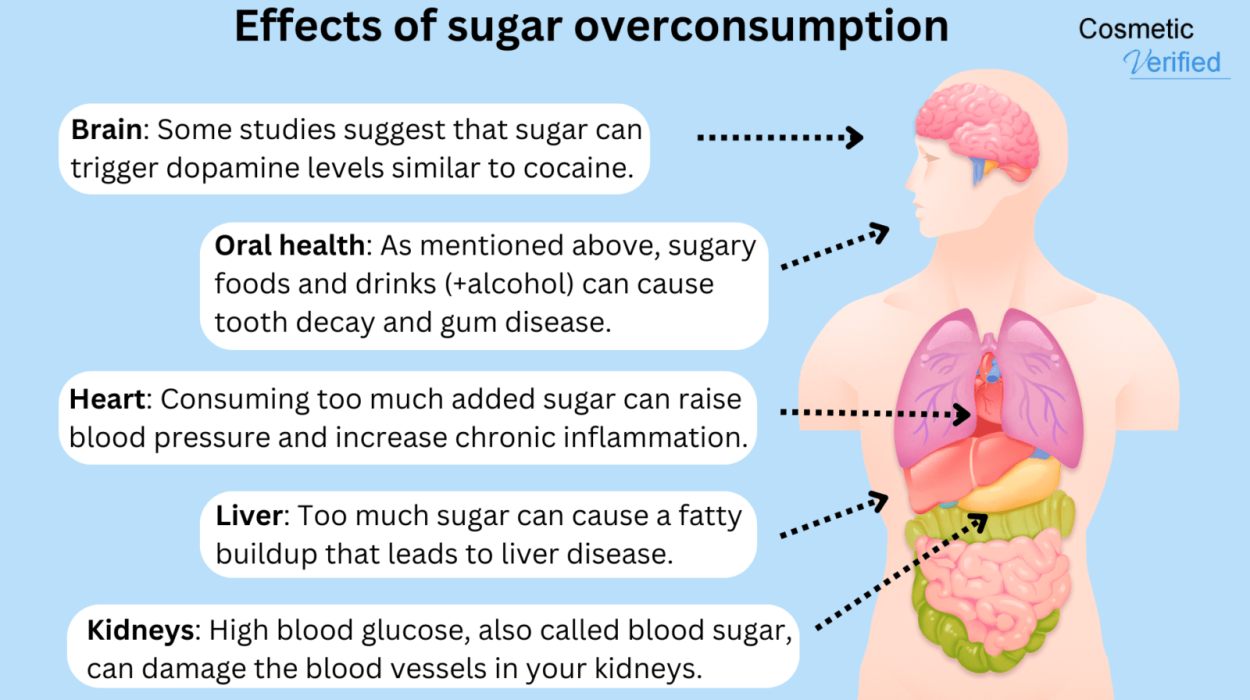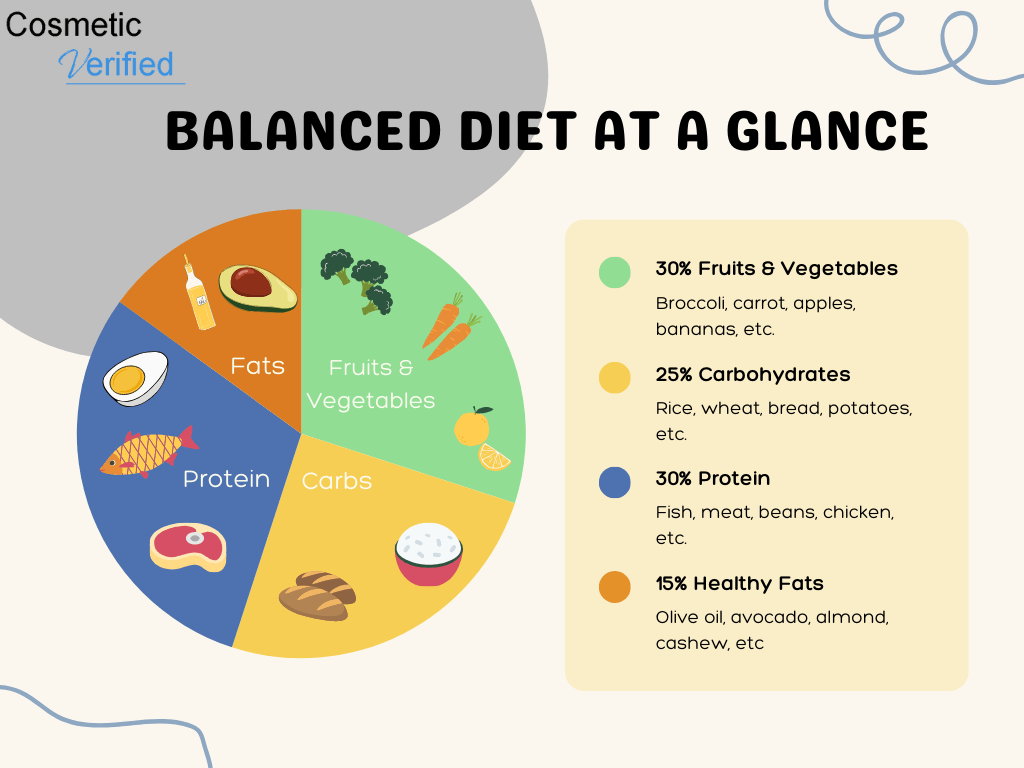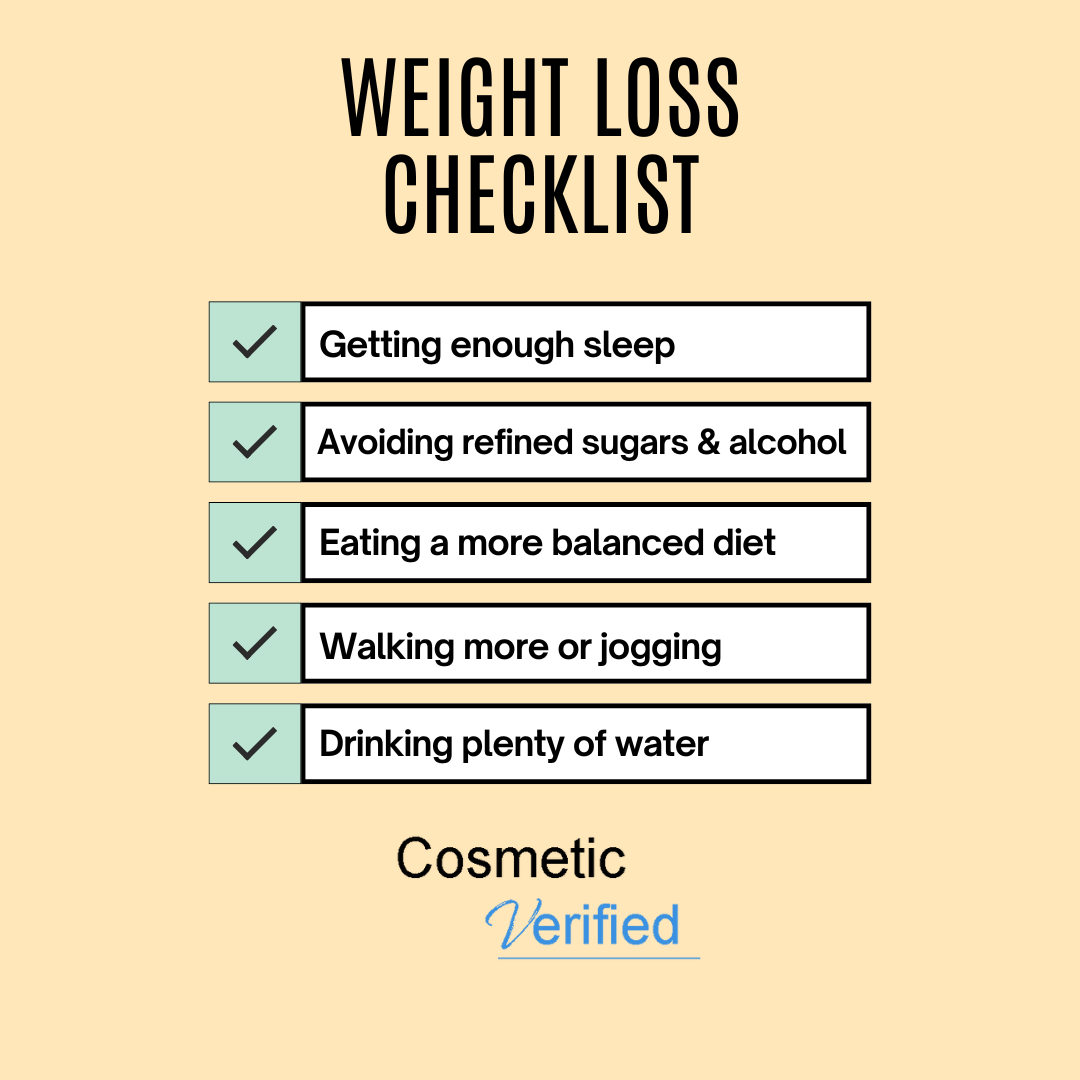Losing Weight:
How to go about doing it?
In today’s world, finding finding instant solutions for weight loss has never been easier. That doesn’t mean that these solutions will work or even be safe for you to implement into your life. This is why we’ve made the effort to produce this in depth article to help you focus on what’s important when it come to losing weight. Feel free to use the links above to jump to your preferred topic of discussion.
Eating & drinking less sugar
You may or may not have heard just how damaging excessive sugar consumption can be to the body. It’s not just detrimental to your teeth as your dentist may have warned you, it’s also detrimental to multiple organs in your body. For the sake of the topic (losing weight), we’re going to focus on the liver organ as that is most relevant. When a person consumes too much sugar, the liver processes the surplus sugar into fat for your body to store and use at a later time. Therefore creating weight gain, if this pattern becomes a habit over time. In other words, weight gain is commonly a result of consuming and storing more energy, in the form of calories, than burning it.
Why should you avoid sugar for weight loss?
Sugar is an important food to focus on because it is calorie dense (about 5g of carbs for every teaspoon). But it also has no nutritional value, which means that when it comes to weight loss, sugar offers no benefit while simultaneously adding more problems to your plate (sort of speak). Similarly, alcohol and soda fizzy drinks have almost the same effect on your body. They generally offer no nutritional value but get processed the same way through the liver. Of course there are certain factors that can influence a person’s weight such as their gene make up, metabolism, and overall lifestyle. But for the most part eating and drinking less sugary and processed products will go a long way to help you in your weight loss journey.

Losing weight through exercising
This is going to be the hardest yet most rewarding part of your weight loss journey – if you haven’t already got a gym membership. Exercising, and weightlifting especially, is almost as important as your diet. Why is diet more important than exercise? The simple answer to that, is that it is far easier, and quicker to consume calories in today’s modern way of life than it is to burn it.
Why exercising isn’t as important as dieting?
To illustrate the above point, it is estimated that for every mile a person runs, 110 calories gets burnt. So let’s say you ran 10 miles, (assuming you’re not running uphill) you would burn around 1,100 calories. That same 1,100 calories can be easily consumed through a single meal. Which would take a fraction of the time to eat, than it would to run – and with far less effort. Therefore, limiting sugar intake and other calorie dense foods like oils and processed carbs is crucial if you want to see quicker results.
How exercising helps in losing weight
To get back to our main point. You will be able to lose weight at a faster rate through various exercises, than you would through diet alone. Some of the best exercises to consider for losing weight are listed below:
- Swimming
- Strength training
- Cycling
- Walking or jogging
Swimming
Is a fantastic way to burn calories. Not only because you’re using almost every muscle in your body to move, but because your body isn’t having to take as much impact as it would on land. Furthermore, water is more thermally conductive than air, so if cold, it rapidly cools you down, making your body raise its heat to keep you warm, which in turn also burns calories. You could realistically burn 200-500 calories swimming for around an hour – depending on your pace.
Weightlifting
Or strength training, has been a fast growing solution for weight loss in the past decade – and it’s easy to see why. With the rise of gym culture and the amazing results and weight loss story’s that countless gym goers have shared over the years, weightlifting has earned its reputation. It is very effective because it not only helps you burn calories but also promotes muscle growth and overall strength. If you were to vigorously weight lift, you could burn around 360-500 calories in an hour.
Cycling
Is an underrated way of burning calories. It is enjoyable (if done outdoors in sunny weather) and not as hard on your joints as running, making it a safe and effective exercise. You can burn around 500 calories by cycling at a moderate pace for an hour. All the while building leg muscle as a result of cycling over time.
Walking or jogging
Is where we would recommend starting if you’re a complete beginner or don’t fancy the idea of doing the exercises above. With most people walking less than 10,000 steps a day due to work commitments and other modern lifestyle factors, it’s no surprise we’re all putting on weight more than ever before. Walking or jogging for around 10k steps or more 3-5 times a week alone will help a great deal in your weight loss journey if you aren’t doing this already. If you jogged at a steady pace of 5pmh for an hour, you could burn around 500-700 calories.
The estimated calorie burning figures are based on Harvard University’s medical school publishing article. If you weight more than 185 pounds you may be able to burn more calories than the figures mentioned above.
The importance of a balanced diet
Nowadays, we are encouraged to go for convenience over discomfort and short term wins over long term gains. And there is no better example to highlight this than the weight loss industry. With countless supplements available online, promising quick and convenient results, it’s easy to get lured in. The main issues with losing weight through this route is that they are not always safe and often don’t offer long lasting results. A balanced diet in contrast aims to safely improve your health while helping you forge positive long-lasting results, and providing the necessary nutrients which help the body function optimally. Without adequate nutrition, people are more susceptible to various health problems – from fatigue to reduced illness immunity.
What does a balanced diet look like?
Important nutrients for swimmers
Lots of complex carbohydrates (high fibre and starchy foods), lean proteins, and healthy fats.
Important nutrients for weightlifters
Lots of lean proteins (around 100g a day), a good range of complex carbs and healthy fats.
Important nutrients for cyclists
Similar to swimmers, cyclists need lots of complex carbs, lean proteins and healthy fats.
Important nutrients for joggers
Complex carbs (high fibre and starchy foods), lots of lean proteins and healthy fats.

This pie chart can be used as a general overview of what a decent balanced diet can look like for most people.
As you will see, a balanced diet will incorporate plenty of fruits and vegetable as well as lean proteins for optimum weight loss.
If you’re struggling to come up with meal ideas, there are many you could find inspiration from here.
Remember that limiting your snack and sugar consumption is crucial for best results.
Components of a balanced diet for losing weight
A balanced diet consists of key components that play a big role in protecting the body from disease.
Carbohydrates are the key source of energy for your body. They serve to provide you with quick and efficient fuel for everyday activities and body functions. Fruits and vegetables, are great sources of carbs with plenty of vitamins and minerals and are low on calories. Whole grains, like whole wheat, oatmeal, are also fantastic sources of carbs which are additionally rich in many nutrients.
Proteins are responsible for the growth, repair, and maintenance of body tissue. They also aid in the manufacture of enzymes and hormones. Good sources of proteins include: lean meats, fish, egg, dairy products, legumes, nuts, and seeds. Eating a variety of these food groups ensures you get each one of the recommended amino acids.
Fats, similarly to carbs are typical energy dense. They are also the source responsible for the absorption of fat-soluble vitamins such as: A, D, E, and K. Healthy fats can be found in foods such as avocado, nuts, olive oil, and fatty fish such as salmon.
Fibre is a nutrient which can help with digestion as well as help with weight loss. It also lowers the chances of chronic diseases like heart disease and diabetes. You can include more fibre in your diet by eating meals made up of whole grains, fruits, vegetables, legumes, nuts, and seeds.
Lastly, water is vital for life. It aids in digestion, nutrient absorption, temperature regulation, and waste elimination.
Staying hydrated is crucial, so aim to drink plenty of water throughout the day, along with consuming water-rich foods like fruits and vegetables.
Sleeping well for weight loss
Sleep is an underrated factor when it comes to health and well-being. Not only is it crucial to help you with losing weight but it’s also an important factor with one’s mental health. When you’re tired, your brain’s frontal lobe (responsible for decision-making and impulse control) becomes less active. This can lead to poor decision making and thus lead to overeating – sabotaging your weight loss efforts. If that wasn’t enough, poor sleep can disrupt many important bodily functions, which are linked to your weight.
Hormone imbalance
Sleep allows your body to regulate hormones that control hunger and fullness. When you’re sleep-deprived, your body produces more Ghrelin (the “hunger hormone”) and less Leptin (the “fullness hormone”). This imbalance can lead to increased appetite and cravings, especially for high-calorie/sugary type foods. But it doesn’t end there, when you’re sleep deprived your body will be more prone to a cortisol spike. Cortisol is a hormone associated with stress (already a red flag) which tells your body to conserve energy. As a result, your body will be more prone to hold on to fat instead of burning it.
How much sleep do I need?
The answer to this can vary but generally speaking, most adults need around 8 hours of sleep. Factors such as genetics, lifestyle, and overall health can influence how much sleep you need. Some people may feel refreshed and alert with less than the recommended amount, while others might not. A good way to check is to listen to your body and look for signs or symptoms. If you feel tired or drowsy during the day, before eating a big meal, or you fall asleep very easily by lying down during the day, you may be sleep deprived. Ultimately, how much sleep you really need will depend on you and how you feel. However, getting more sleep than you need is a better problem for your health than not getting enough of it.
Now that we’ve explored the downsides of inadequate sleep it’s important to highlight the benefits of proper sleep. Luckily we’ve found a very relevant study highlighting this by the Jama internal medicine network, which looked at 80 people’s sleep habits. It has found that those who slept more than their usual 6.5 hours a night ate 270 calories less per day as a result of naturally lower appetite. If you extend this habit over a month that’s about 2.3 pounds lost. And if you extend it to years, you could easily shed multiple pounds of your body just by sleeping better. Not only that but you would also benefit from a multitude of health benefits such as better mood, mental health, blood pressure and heart health.
Personal tips & final thoughts
All in all, weight loss is a very personal journey and if this your first time getting into it, we recommend taking baby steps to begin with. Aim for small wins such as getting a bit more sleep, phasing out sugar/alcohol intake and getting more steps. By doing these three things alone – assuming you’re not doing them already, you’ll be well on your way to losing weight. If you really want to ramp things up and see quicker results, incorporate those three habits and make sure you’re eating enough lean proteins and complex carbohydrates. Avoid processed foods, trans fats, greasy takeaways and try to follow one (or more) of the exercises we mentioned earlier.
The results won’t happen overnight but they will come quicker than you can imagine if you adopt those lifestyle changes. What’s more, those solutions will be much more long lasting and beneficial to you than taking weight loss supplements or appetite suppressing drugs.
To help you stay on top of your weight loss journey, we’ve made this graphic weight loss checklist you can use to keep track of your objectives. Come back to it or download the image so that you can remind yourself of what you need to focus on each day.

